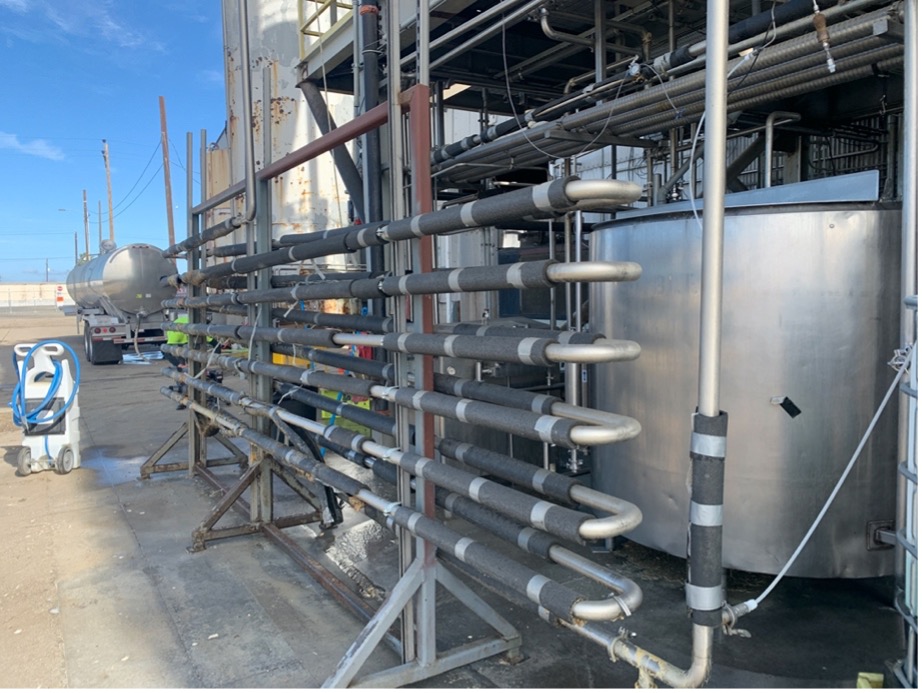Part 1 of 2: Investory & Information
Eventually during a bankruptcy process, the Bankruptcy Attorney will advise procuring a Bankruptcy Equipment Appraisal Report. While this may seem like just one more expense, a USPAP equipment appraisal is critical to your bankruptcy process, whether you own an agricultural business, a manufacturing plant, factory, construction or excavating business, or a speciality production shop.
You already know how important it is to get an experienced qualified equipment appraiser to provide an appraisal report, and a previous post suggested how to get an estimate on how much the appraisal will cost.
With this post & the next one, we’ll look in more detail at these 5 important steps that will help you get the equipment appraisal you need with the least amount of cash outlay:
- Creating a thorough asset inventory spreadsheet
- Providing complete equipment information
- Taking useful equipment photographs
- Planning for maximum inspection efficiency
- Working with an experienced, qualified appraiser
Let’s start with two very important pre-appraisal steps that should be a part of every single equipment appraisal — whatever the reason for the appraisal!
Prepare an Asset Spreadsheet
First and foremost, prepare an asset list — a spreadsheet of all the equipment and machinery, including business assets such as computer and phone systems and company vehicles. Your spreadsheet should include such information as manufacturer, model, make & year, as well as VIN for vehicles and any meter readings, such as miles or hours the equipment has been used. Each category of information should have its own column and information must be consistently categorized. Any equipment built in-house will need notes on year of manufacture; machinery bought used should have the year of purchase noted. Your equipment appraiser should be able to provide you with a complete list of the information that should be provided in this spreadsheet.
Be sure that the asset inventory can be easily used by your equipment appraiser. A spreadsheet done in an program such as Excel will be of much more benefit than a handwritten list on a legal pad, or even one typed up in a word processing document. The point of this spreadsheet is to provide your equipment appraiser with an electronic inventory so that he doesn’t have to re-type it, billing you an hourly rate for something you could do yourself.
Provide Equipment Information
If you have previous appraisal reports, whether for collateral loan purposes, insurance coverage, business moves, or family law matters such as estate tax, round ‘em up. These reports can often provide your equipment appraiser with important information and thus shorten the time needed for research on the bankruptcy appraisal. If the equipment appraiser with whom you are working doesn’t ask for these, volunteer them, asking if they would be useful. You may reap the benefits when the final invoice arrives.
If you have speciality equipment, be sure to have ready the “cost” information your equipment appraiser will need such as invoices, receipts, time & cost statements, and/or reports from the manufacturer or experts in the field disclosing what such a piece of machinery or equipment would cost to produce. Be sure to provide the date of manufacture as well.
On the day of the inspection, be sure to have someone available who’s familiar with the equipment so that the appraiser can get an accurate report of working condition and maintenance of items as needed. Have maintenance records available in case they need to be examined.
While these steps may seem obvious, many businesses skip them or cover them carelessly, adding many hours and many dollars to the equipment appraisal process.
Next post, we’ll discuss in detail the photos you might want to provide to your appraiser, as well as the importance of managing your on-site inspection. And while we’ve said it before, we’ll remind you again of the importance of using a qualified, experienced equipment appraiser so your appraisal report is done right the first time!
Jack Young, ASA, CPA
NorCal Valuation




